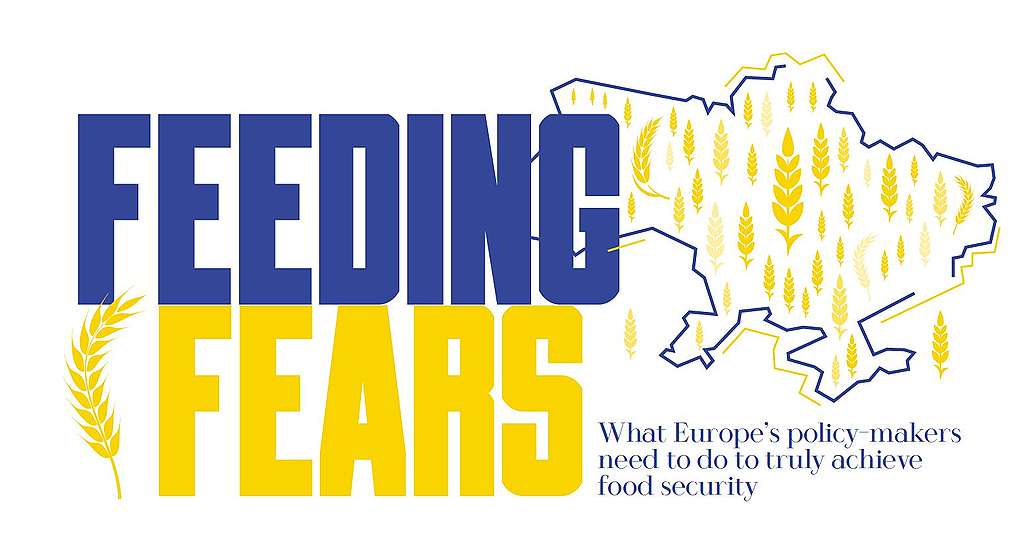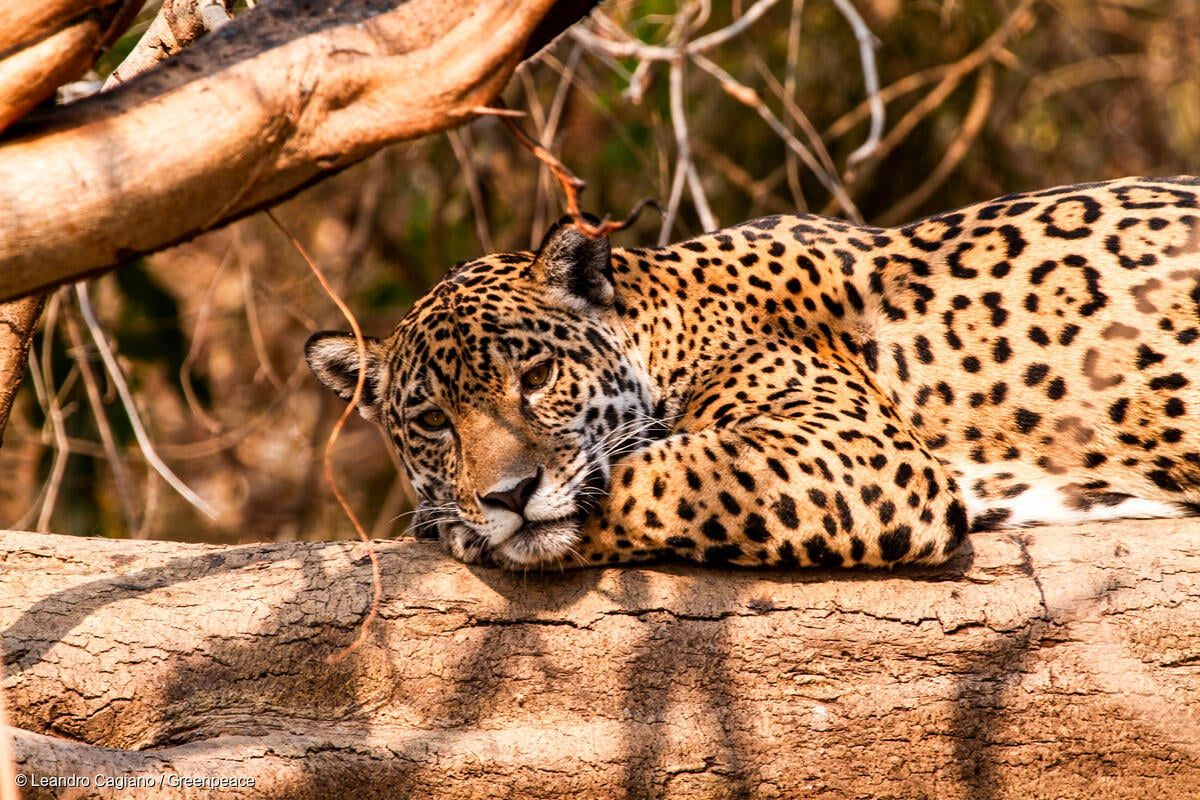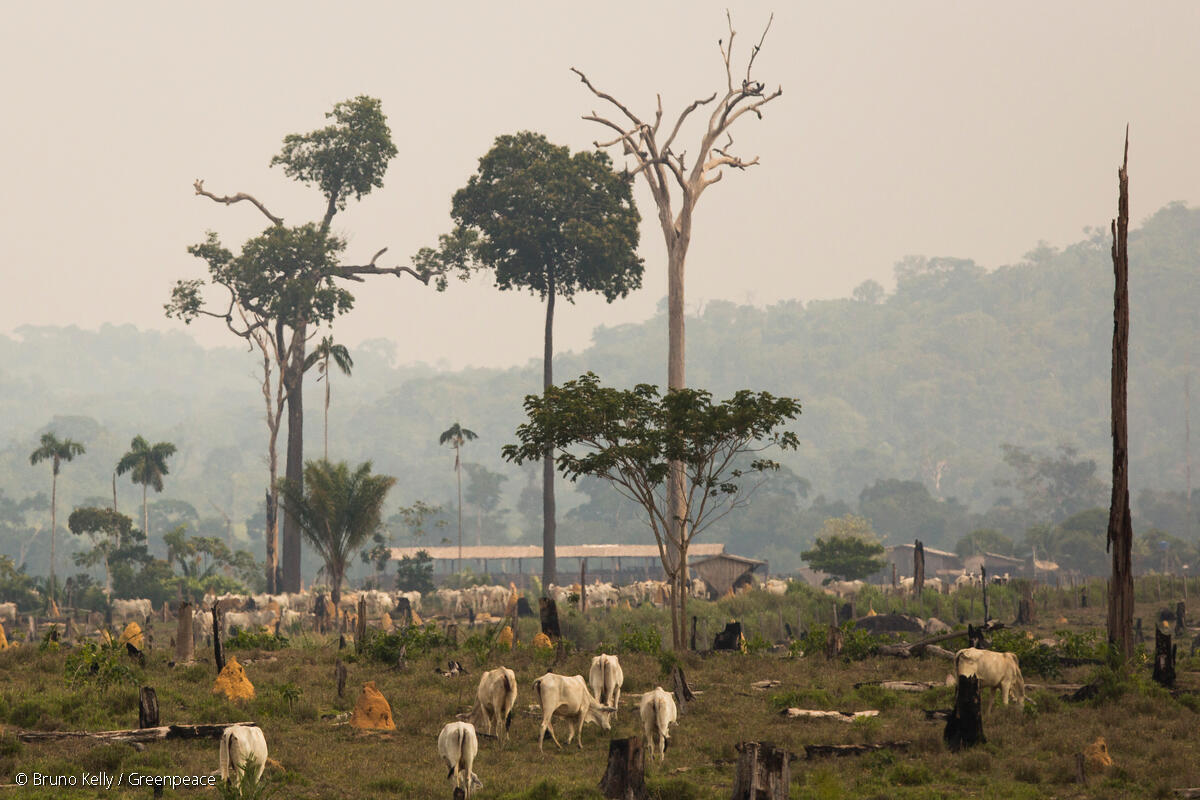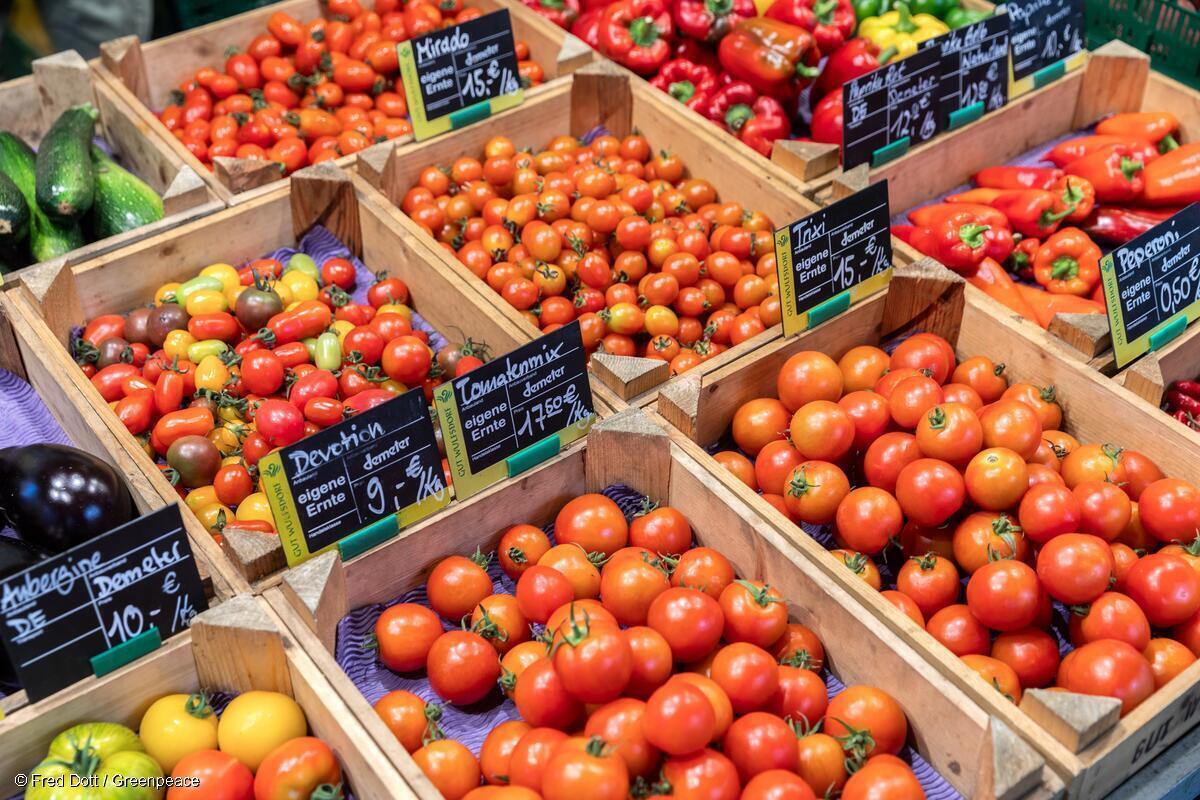
The recent disruption of Russian and Ukrainian exports of cereals, oilseeds, fertilisers and fossil gas (used in the manufacturing of synthetic fertilisers that underpin modern industrial farming) makes it clear that Europe’s farming sector is dangerously dependent on external inputs and imports. In order to maintain its over-production and exports of animal products,
Europe relies on cereal and oilseed imports from Russia and Ukraine, on Russian fossil gas and phosphate, and potash from Belarus. Europe, now more than ever, must transform its food and farming system and shift to ecological, local, seasonal and plant-based diets, making the system sustainable and resilient.



